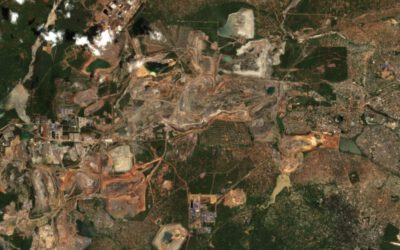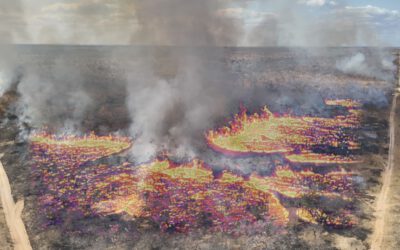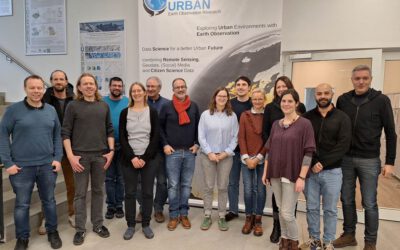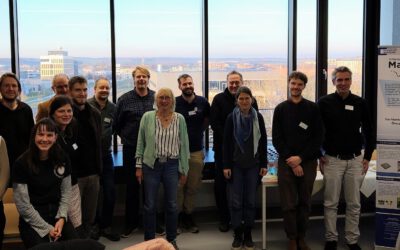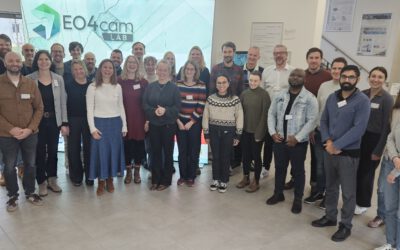Driving Innovation in Traffic and Urban Planning: Insights from OPTIPLAN
On October 24, 2024, the OPTIPLAN research consortium (German Aerospace Center (DLR)/University of Würzburg, Ingenieurbüro Behringer & Partner, and OBERMEYER GmbH) gathered to advance collaborative innovations in remote sensing for urban traffic and development. Discussions highlighted new approaches that extend beyond traditional methodologies to address emerging urban needs.
Pioneering AI-Enhanced Traffic Monitoring
A major focus was using AI to analyze street-level camera feeds for precise traffic monitoring. By adapting high-resolution remote sensing tools for privacy-compliant, low-resolution street images, it is the aim to distinguish not only broad categories—such as cars, pedestrians, and cyclists—but also specific classes, like heavy vehicles and cargo bikes. This capability promises a more refined understanding of urban traffic dynamics and improved planning accuracy.
Spatial Balance for Sustainable Urban Development
In view of northern Munich’s growth, we evaluated planning scenarios that balance essential green and blue spaces with built-up areas. Using spatial statistics, the projections consider both environmental benefits and the mitigation of urban heat. This balance is crucial as Munich anticipates population increase, underscoring the need for development that promotes livability and sustainability.
Beyond this, a tour of DLR’s facilities offered valuable insights into orthophoto data collection, showcasing our end-to-end approaches—from large-scale satellite and aerial imagery to on-ground traffic analysis and strategic urban planning.




